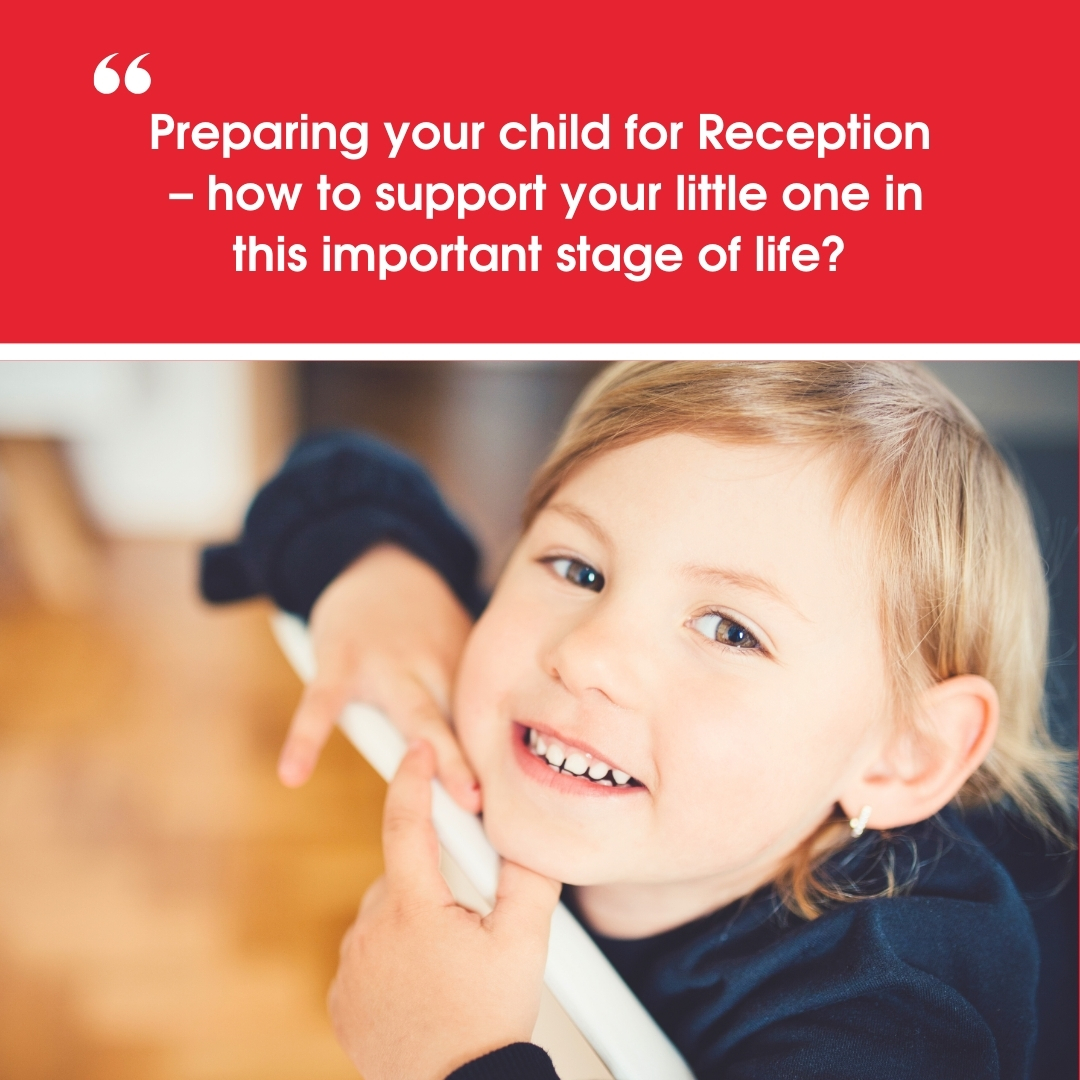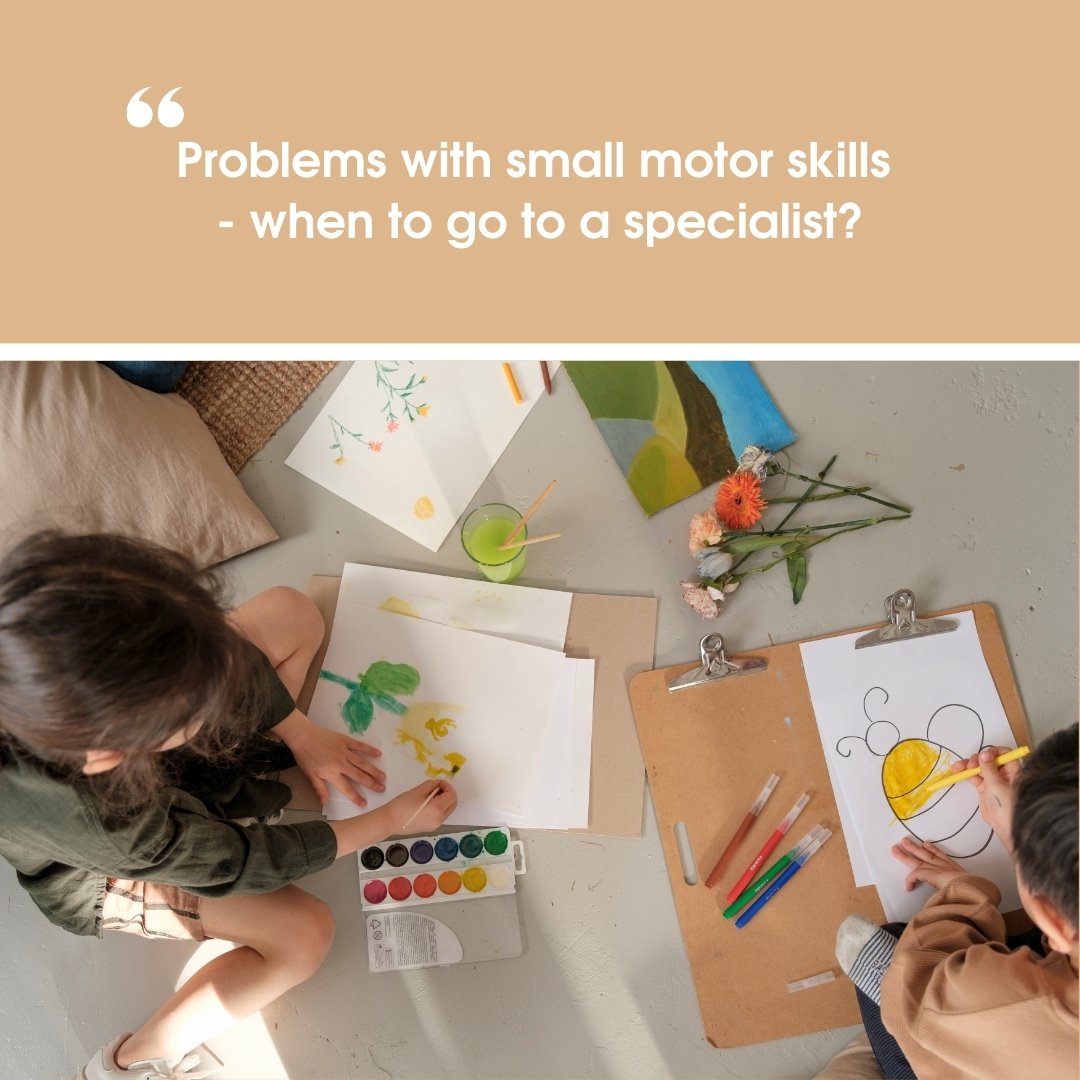
Preparing your child for reception – how to support your little one in this important stage of life?
Preparing a little one for preschool, especially for reception (0 grade), can be a challenge for many parents. Reception is the beginning of a great educational adventure for every child. It is incredibly important for their cognitive development, emotional intelligence, social skills, and initiating appropriate behavioral norms. Below are some pieces of information and tips that may help […]
Read more
Fine Motor Problems – When to See a Specialist?
What is fine motor skills and why is it important? Fine motor skills refer to the ability to perform precise hand and finger movements that allow us to carry out daily tasks such as writing, buttoning clothes, drawing, cutting, or manipulating small objects. The scope of fine motor skills also includes coordination between both hands, […]
Read more
The role of technology in early childhood education – benefits and risks. Does technology support development?
Nowadays, technology plays an increasingly important role in everyday life, including early childhood education. Early technological education can be a valuable tool supporting a child’s development, but it also comes with certain risks. Therefore, conscious use of technology in the teaching and upbringing process, along with shaping healthy technological habits, is crucial. The impact of technology on […]
Read more




